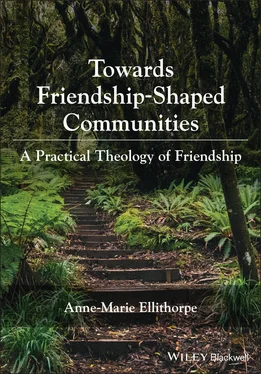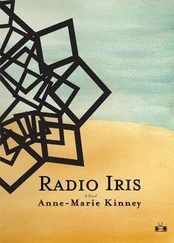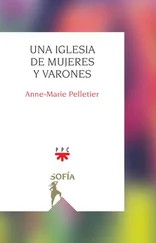I am grateful to all those at Wiley who worked to bring this book to print. I extend particular thanks to Catriona King for sharing my vision for this work and to Clelia Petracca for bringing it to completion.
I acknowledge with gratitude the beauty and sustenance of the unceded Coast Salish territory of the Musqueam, Squamish, and Tsleil-Waututh peoples, where much of my writing has taken place, as well as that of my homeland, Aotearoa New Zealand. This work has been deeply shaped by aspects of the story of Aotearoa, and thus I provide here two maps for the benefit of the reader who is less familiar with this country and its stories. Prior to colonization, the map of Aotearoa was oral and told through narratives. In one such narrative, Māui is credited with fishing up Te Ika-a-Māui (the North Island) from his canoe Te Waka-a-Māui (the South Island). Map 1 depicts place names related to this account and is oriented with Māui’s canoe above the fish. Map 2 features place names mentioned in my Introduction and in Chapter 2and is oriented north to south.
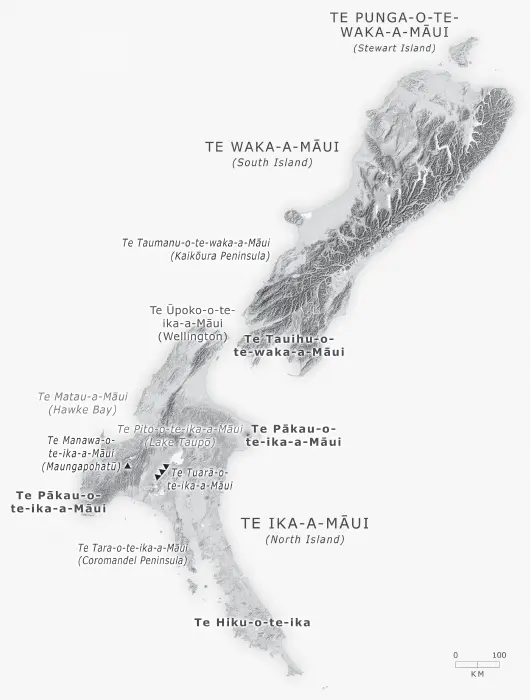
Map 1 Māui and Aotearoa New Zealand. Source : Te Ara The Encyclopedia of New Zealand.
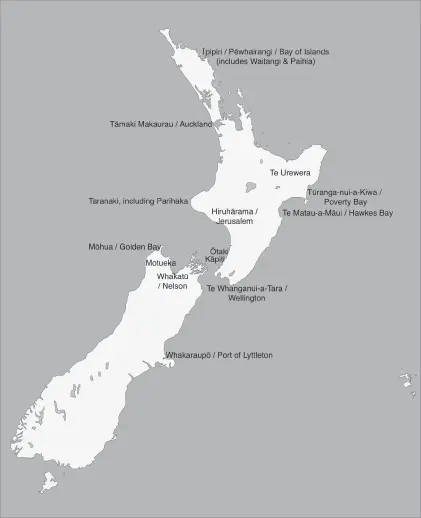
Map 2 Aotearoa New Zealand. Source : map template from Antigoni, Public domain, via Wikimedia Commons, annotated by the author.
This book investigates questions of friendship from the perspective of practical theology, with specific consideration given to practices of friendship and to the social and theological imagination. Through this research I argue that friendship is essential for flourishing and for an ideal of multidimensional private-public friendship that overflows into social friendship, civic friendship, and reform. I advocate for the nurture of Spirit-shaped friendships and friendship-shaped communities, that is, of friendships that are shaped by the Spirit and of communities that are shaped by attitudes and actions of friendship. Such friendships include extended family and family-like relationships. Our actions and attitudes affect a broader community than our immediate circle. Relational practices and the creative, proactive nurturing of various dimensions of friendship have a multigenerational effect. Friendship is precious not only for its own sake but for the sake of further generations and ought to be intentionally built up between persons, communities, and people-groups.
Rather than being in opposition to God or love of neighbor, friendship provides an alternative way of understanding relationship with God and neighbor and has a long and rich history in and beyond Western Christianity. Moreover, in explicitly Christian contexts, an overarching theological narrative of friendship may serve to shape and ground all else.
Contemporary communities stand to gain immensely from reincorporating understandings and practices of earlier times and, no less, from Indigenous understandings of kinship and friendship. Indigenous perspectives remind us that relationality is inherent to the fabric of the universe. 1 Friendship is a practice through and by which we may build genuinely mutual relationships with people who are other , unlearn internalized colonial patterns, and decolonize founding and formative stories.
I begin by introducing myself and acknowledging my social context. Māori, the Indigenous people of Aotearoa New Zealand, traditionally introduce themselves with a greeting that links them to their ancestors and to the land by identifying their tribal mountain and waters, by naming the canoe on which their ancestors came to Aotearoa, and by acknowledging their extended family, clan, and tribe. 2 My knowledge of my own heritage is poor by comparison.
My ancestors immigrated to Aotearoa primarily from England, including Guernsey, as well as from Scotland, Ireland, France, Denmark, the United States, and the Reunion Islands. They arrived from 1842 onwards, settling in a variety of locations including Motueka, Blenheim, and the lower North Island. The earliest arrivals I know of are the Newport family from Buckinghamshire on The Sir Charles Forbes and the Kinzett family from Warwickshire, on The Thomas Harrison , both into Nelson, and the Dodge family from Wiltshire into Wellington on The Clifton , all in 1842. 3
I do not know specific ways in which my primarily working-class ancestors contributed to the oppressive colonization of Aotearoa. I do know that at the turn of the century my mother’s great-grandparents, John Marple and Evangeline Tindill, lived amongst Māori in ‘Rūātoki, a community with a long history of resistance to colonization in the Bay of Plenty. Their granddaughter, Nellie Hunter, my Nana, spoke Māori fluently as a child growing up in this region. Sadly, she lost this knowledge once her family moved to the city.
Tāmaki Makaurau (Auckland) is where my early formation took place. The landscape of Te Upoko o Te Ika a Māui (the head of the fish of Māui, the Wellington region), most specifically Te Awa Kairangi (the Hutt Valley), contributed to my formation as a young adult.
As a descendant of settlers, I bring cultural blind spots to this work. I come to this research having experienced the joys and challenges of friendships in four different countries. I have experienced cross-cultural friendships in contexts where I am a visible minority and an invisible minority. I have also experienced such friendships as part of the majority culture. Despite these diverse experiences, I have not been part of a people group that has been radically discriminated against, enslaved, or colonized. While I have experienced some forms of discrimination, I have not experienced friendship that has endangered my life, nor have I been deprived of friendship (personal or civic) or of land stewardship on the basis of my skin color or ethnic background.
As further outlined in Chapter 2, the colonial legacy in Aotearoa, including the dishonoring of Te Tiriti o Waitangi (The Treaty of Waitangi), has negatively impacted friendship possibilities. Nevertheless, I have been privileged to learn from the wisdom, hospitality, and spirituality of Māori and Polynesian friends, and to develop an awareness of Māori, bicultural, and Treaty issues. Learning has taken place through conversations, course work, reading, participation in a variety of noho marae (overnight marae stays) and hui (gatherings), 4 and through conversations and collaboration with Māori friends. 5 While in my previous roles as a teacher and educational consultant I sought to honor Māori and Te Tiriti through supporting teachers of full immersion Māori language classes, learning and using basic conversational Māori, and developing bicultural teaching practices, there are gaps in my knowledge and practice. Conversations associated with this research have provoked a determination to address these gaps, and to work towards becoming increasingly bilingual and bicultural as I seek to live out a practical theology of friendship.
At the time of writing, I live with my immediate family on unceded Coast Salish territory by the Salish Sea, on the colonized continent known to many Indigenous people as Turtle Island. Here it has been a privilege to learn from Indigenous people, including Cheryl Bear (Nadleh Whut’en), Raymond Aldred (Cree), and Graydon Nicholas (Maliseet), and to learn from and with the NAIITS Indigenous Learning Community. Yet another invaluable learning experience relevant to this work was participation in the 2019 International Academy of Practical Theology conference in São Leopoldo, Brazil, with its theme of (De)coloniality and Religious Practices: Liberating Hope.
Читать дальше
